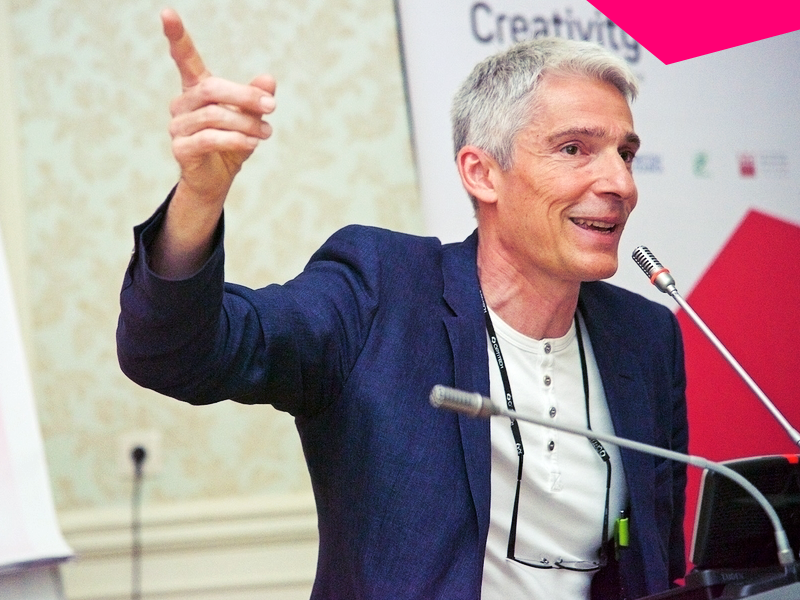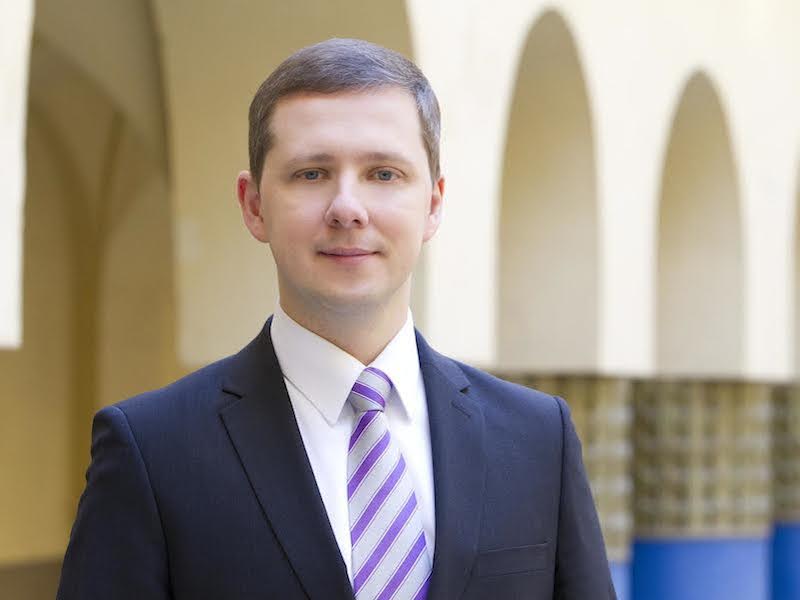
Phil Wood: Ukrainian cities will only improve when citizens demand to have better cities
Ukraine still has a lot of problems with urban planning. Which one is, in your opinion, the biggest?
Much of the development in the Soviet period – and subsequent years – has lacked human scale and local distinctiveness. It was either motivated by abstract socio-political ideology or by the accumulation of profit. And those with the power to develop cities have assumed they can do as they please without taking the views of ordinary Ukrainians into account. Ukrainian cities will only improve when citizens demand to have better cities. It takes time for people to develop critical faculties and the awareness and courage to realize that they indeed have opinions and can make their voices to be heard.
On a micro level, the one thing I dislike about Ukrainian cities is when I see a big car of some oligarch parked right in the city sidewalk, with complete disregard for the convenience or safety of pedestrians. I believe in citizens taking action to remind the rich and powerful that they share the city with all of us.
You have worked in several Ukrainian cities. Which of those, in your opinion, represents the best case of urban planning and/or fastest urban planning development in the past few years?
I have visited Odesa a few times and it is the city I have grown very fond of. Its short but dynamic history and diverse culture are well represented in the architecture and public space. I realise that Mayor Gennady Trukhanov is quite a controversial figure, but he does seem to be alive to this and is overseeing a sensitive restoration after years of neglect. At the same time, I like cities that have surprising and half-forgotten nooks and Odesa still has plenty of those too.
What is your favorite case of a city space available for diverse society members?
I have always been a great admirer of Barcelona. It is one of the most densely populated cities in Europe, and it is with such limited private space and mild weather its citizens live life collectively in public space. Over the last 20 years or so it has become far more diverse in terms of ethnicity, religion and social class – which might be seen as a cause for tension in such crowded condition – yet the city manages this situation with great skill and humanity. The greatest threat to Barcelona is not the diversity of its population (which is an advantage by the way) but the overwhelming growth of tourism – and particularly the kind of tourism which is disrespectful of the city and merely uses it as a backdrop for crude excess.
In your opinion, what is the best economic model for creative clusters, that could benefit all the participating parties?
There is an essential paradox at the heart of creative clusters. It is well summed up in a cartoon by a British artist Grayson Perry, called the Regeneration Cycle.
London is a classic case of this paradox. Around the world it is considered to be a creative hub that has for many decades produced dynamic and boundary-pushing music, art and literature. However, this creative ‘aura’ has now been stolen by real-estate profiteers, who market the city’s property on a global scale to investors. None of those investors enhance London’s creativity. Many of them rarely even visit the city. All they care about is achieving maximum ‘return on investment’ – but they do get a little thrill about being associated with ‘creative London’. However, their actions lead directly to an explosion in the cost of property.
This means that music venues and artist studios are being closed and replaced by even more new investment apartments. And now there is no cheap accommodation to be found where artists can live so they are pushed right out of the ‘creative city’ that they made creative in the first place. So the best model has to be something which places a limit on speculation and greed and at least gives an artist a fair chance of a roof and a meal whilst making their art.




